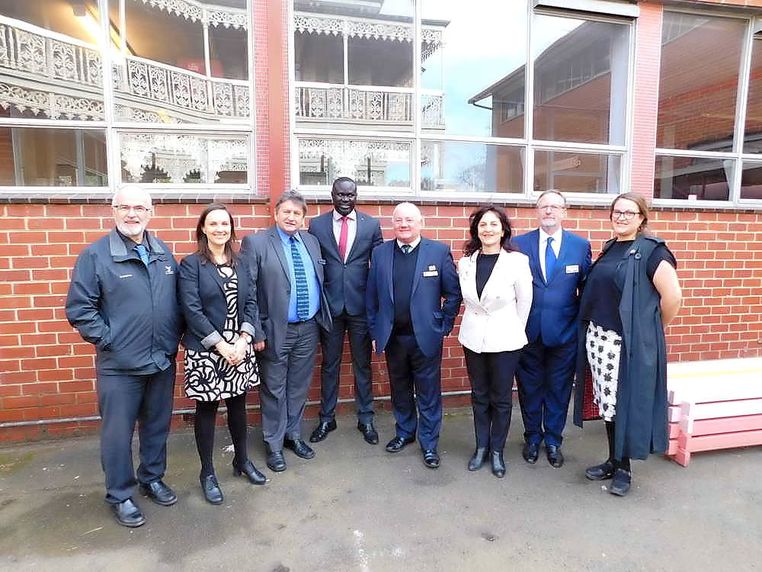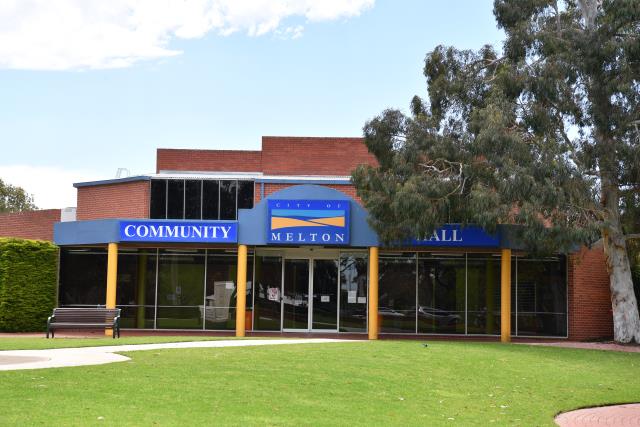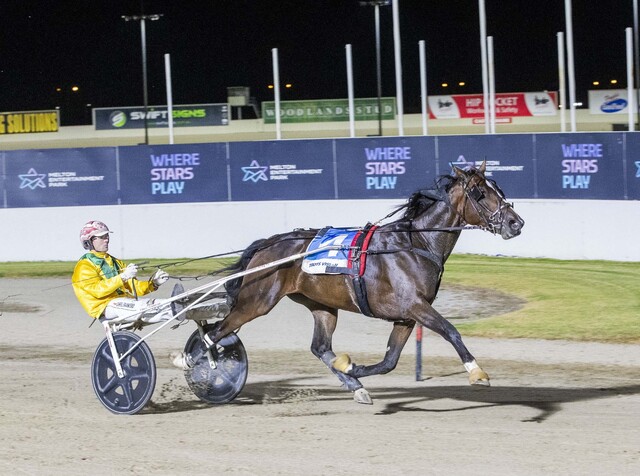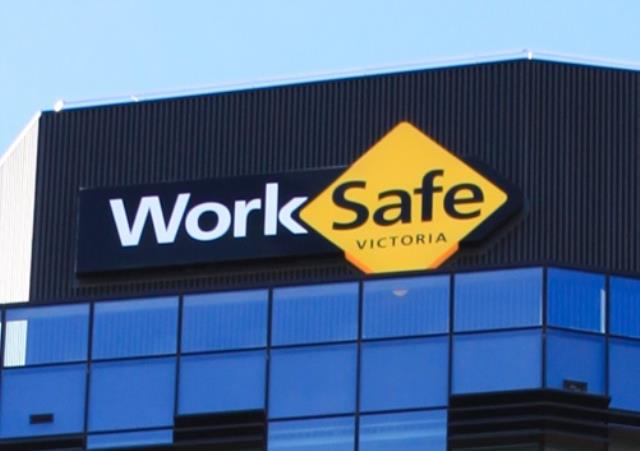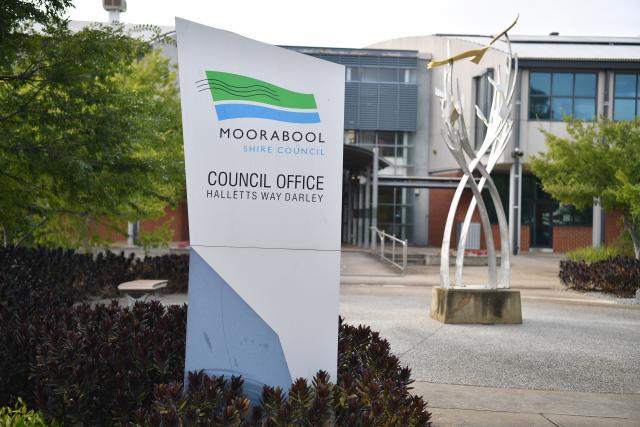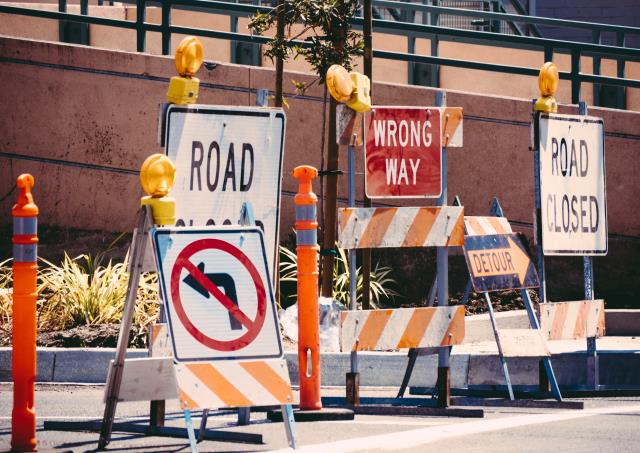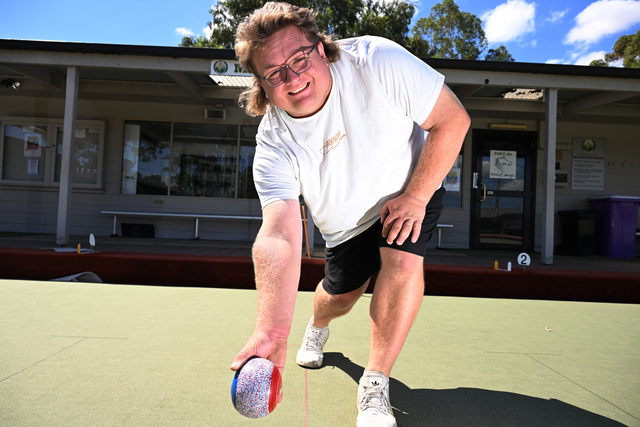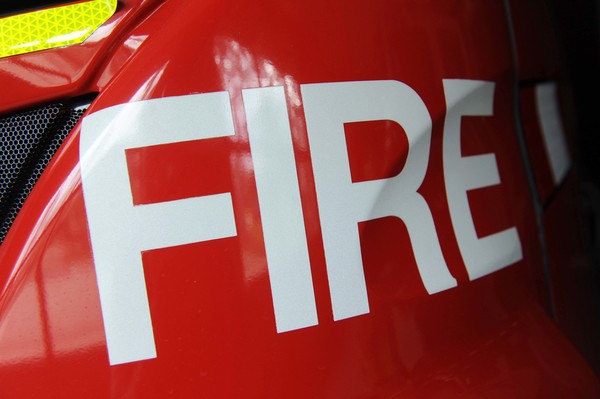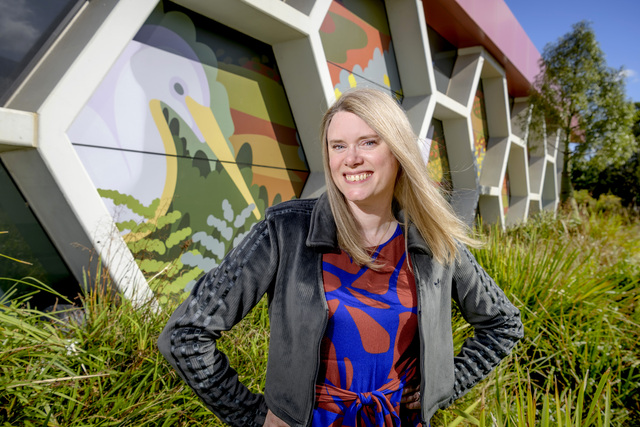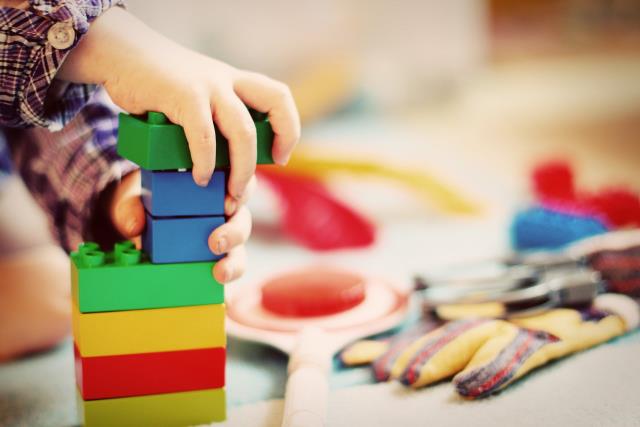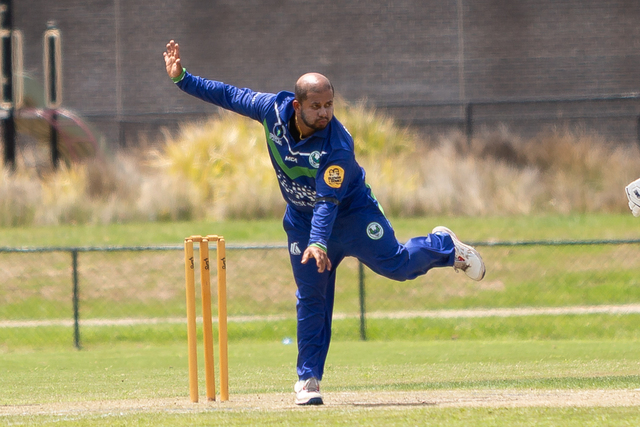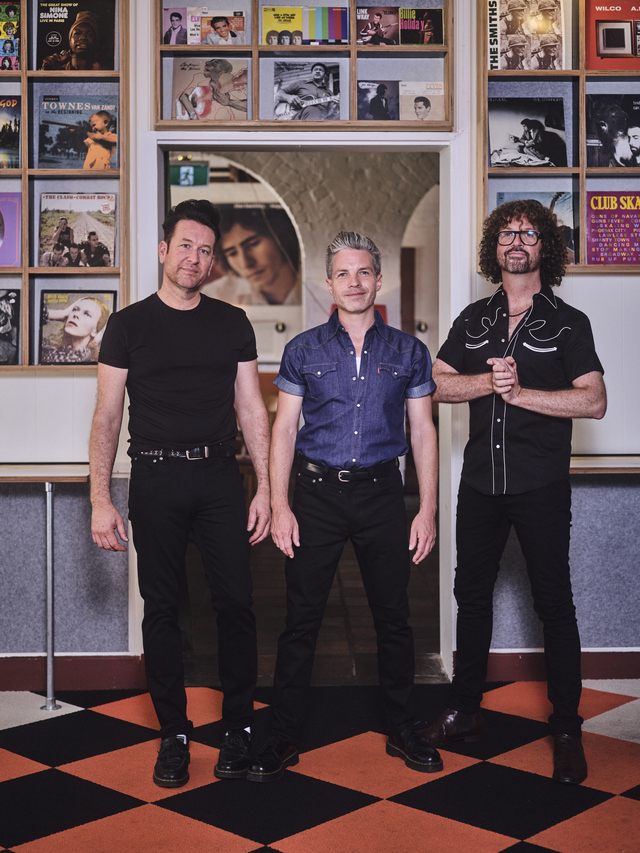Melton mayor Bob Turner has joined seven other mayors to call for “racist fear mongering” against the African community to stop.
Standing in solidarity with the South Sudanese community, mayors from Melton, Darebin, Hume, Whittlesea, Moreland, Yarra, Knox and Monash denounced “inflammatory” headlines and highlighted the positive contributions of diversity and multiculturalism to Australian society.
Cr Turner said there was “creativity, intelligence and determination” in the South Sudanese community and Victorians making them feel welcome would be the best way to help.
“Making young people and their families feel welcome in the place they now call home is the best way to make our communities healthier,” Cr Turner said.
“This is how we create jobs, help people complete school or provide pathways to training and employment.”
Melton was home to people from more than 130 nationalities, who spoke 76 languages, Cr Turner said.
“Melton is one of the fastest-growing cities in Australia with increasing cultural diversity … and it’s important that we are committed to building communities where everyone can belong,” Cr Turner said.
In her blistering speech, Darebin mayor Kim Le Cerf said the mayors, representing 1.2 million Melburnians, were standing in solidarity with the South Sudanese community to tell politicians and the media “enough is enough”.
“This racist fear mongering must be stopped,” Cr Le Cerf said.
“It’s harmful to everyone in our communities and makes those who bring such determination, creativity and talent to our cities feel unwelcome, simply because they’re Australian-Sudanese.”
South Sudanese lawyer Maker Mayek said he was “overwhelmed” by the support he received from the mayors, adding it reinforced Melbourne’s status as a diverse and multicultural city.
“Australia belongs to all of us and that’s why I say it’s incumbent upon us to identify our challenges … and work towards addressing those challenges together,” Mr Mayek said.
He said the South Sudanese community acknowledged some of its young people were disengaged, but that the community was working with authorities to address the issue.

